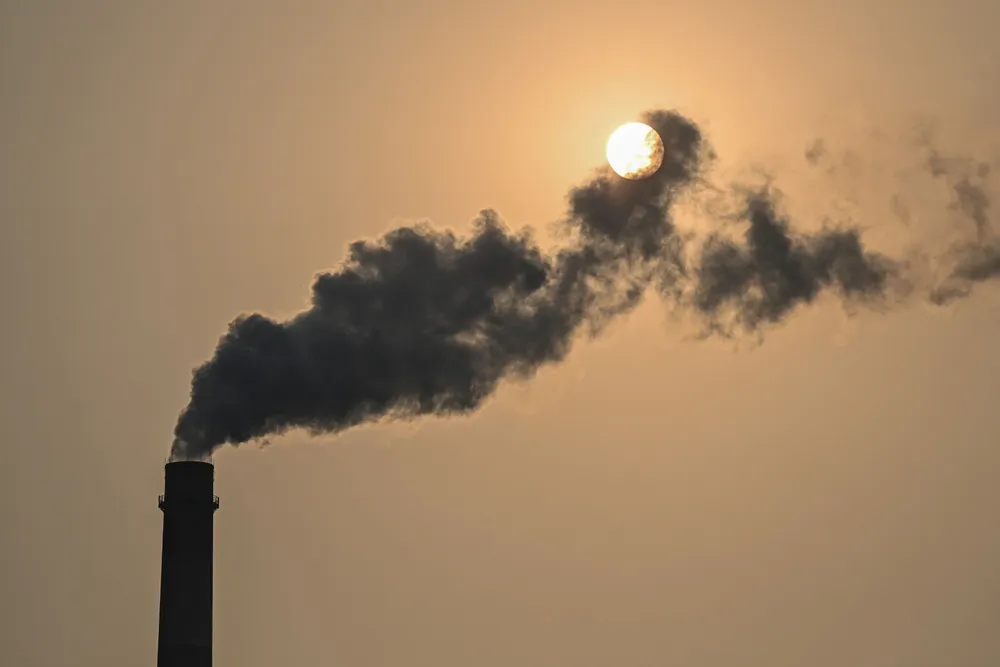Leaked documents show fossil fuel producers lobbying against aggressive climate action
Australia, Saudi Arabia, Japan and Opec among those urging IPCC to amend latest draft report

Australia, Saudi Arabia, Japan and Opec among those urging IPCC to amend latest draft report
